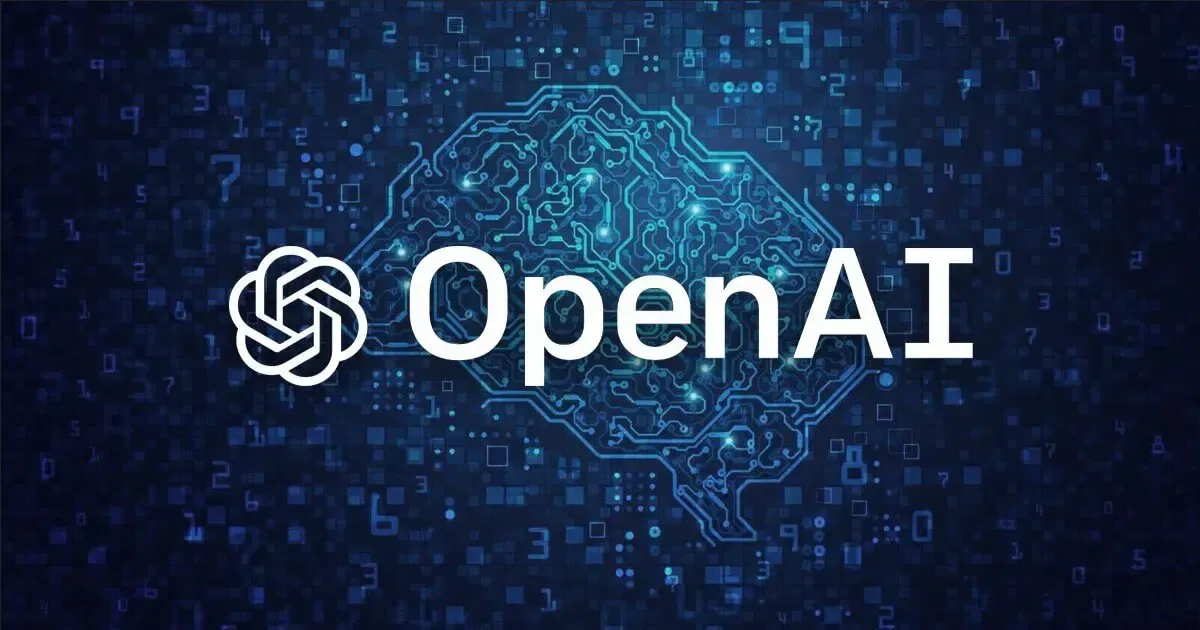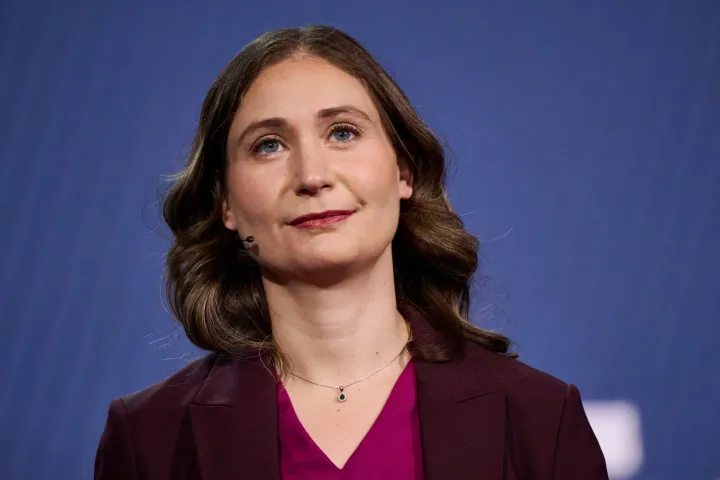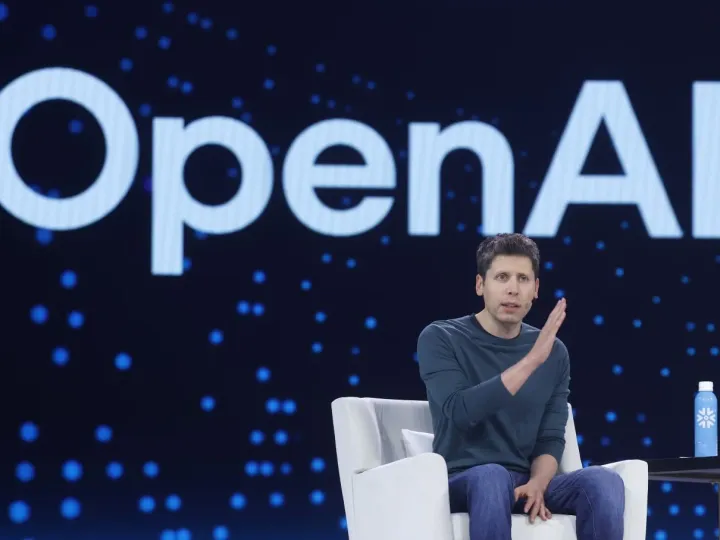Leaked Research: OpenAI’s GPT-4o May Have Used Paywalled Books Without Permission

OpenAI’s GPT-4o Accused of Using Paywalled Books for AI Training: What You Need to Know
OpenAI Under Fire for Alleged Use of Copyrighted Books
A new research study has accused OpenAI of training its latest AI model, GPT-4o, on paywalled content without authorization. The study, conducted by the AI Disclosures Project, suggests that OpenAI increasingly relied on books published by O’Reilly Media—despite the lack of a licensing agreement.
This claim comes as OpenAI faces multiple lawsuits alleging its AI training methods violate copyright laws. If true, these findings could add fuel to the growing debate over AI ethics and copyright in the digital age.
Study Claims GPT-4o Recognizes Paywalled Content
The researchers analyzed OpenAI’s models—including GPT-4o and its predecessor, GPT-3.5 Turbo—to determine whether they had prior exposure to copyrighted materials. Their findings suggest that:
- GPT-4o demonstrates stronger recognition of paywalled O’Reilly books compared to GPT-3.5 Turbo.
- Older models like GPT-3.5 Turbo showed greater familiarity with publicly accessible O’Reilly content rather than restricted material.
- No licensing agreement exists between OpenAI and O’Reilly Media for AI training purposes.
How Was the Study Conducted?
To test whether OpenAI models were trained on copyrighted content, researchers used a method called “membership inference attack” or DE-COP. This technique helps determine if a language model can distinguish between human-authored text and AI-generated paraphrased content. If an AI model reliably differentiates between the two, it suggests prior exposure to the original text during training.
Key Findings of the Research
- 13,962 paragraph excerpts from 34 O’Reilly Media books were analyzed.
- GPT-4o exhibited higher recognition rates for paywalled content compared to previous OpenAI models.
- Even when accounting for AI advancements, GPT-4o still showed a disproportionate familiarity with restricted materials.
Limitations and Possible Explanations
While the study raises important questions, it also acknowledges certain limitations:
- User Prompts May Skew Results: Some excerpts may have been entered into ChatGPT by users, inadvertently exposing the AI to copyrighted material.
- Model Improvement Factor: GPT-4o is more advanced than previous models, which could explain its enhanced ability to recognize complex texts.
- No Direct Evidence of Data Theft: The study infers exposure but does not confirm OpenAI’s direct use of copyrighted books in training.
OpenAI’s Response and Copyright Challenges
So far, OpenAI has not officially responded to the allegations. However, the company has been actively securing licensing deals with various publishers, media networks, and content platforms to avoid legal issues. OpenAI has also reportedly hired journalists to refine AI-generated content and ensure better compliance with copyright laws.
AI and Copyright: A Growing Legal Battle
- OpenAI and Google have reportedly lobbied the U.S. government to allow AI models to be trained on copyrighted works under the fair use doctrine.
- Several lawsuits against OpenAI and other AI companies are ongoing, challenging the legality of using copyrighted material in AI training.
- The debate over AI’s impact on copyright law continues to escalate, with creators, publishers, and legal experts weighing in on the ethical implications.
What’s Next for OpenAI and AI Ethics?
The AI industry is at a crossroads as it navigates copyright issues and ethical concerns. If OpenAI is found guilty of unauthorized use of copyrighted content, it could face serious legal and financial consequences. Meanwhile, AI developers must find ways to train their models responsibly without infringing on intellectual property rights.
As the legal battles unfold, one thing is clear—AI development is outpacing current copyright laws, and regulatory frameworks must evolve to address these new challenges.



